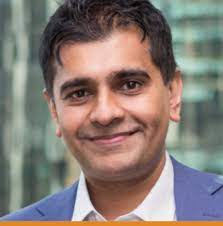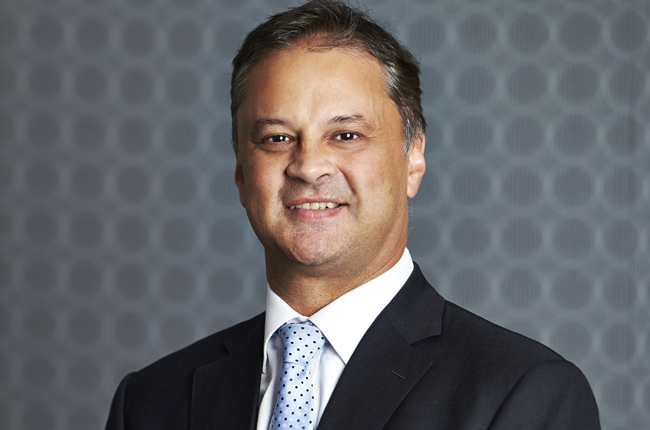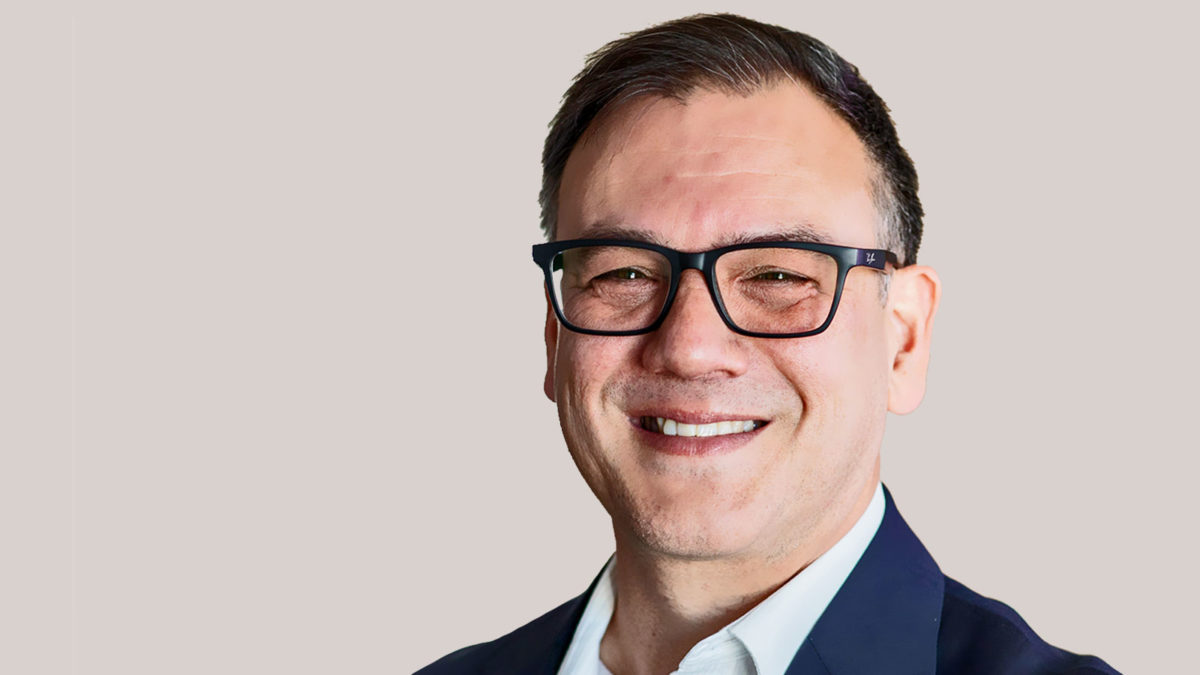… as big super funds head towards a 15% return
If their momentum holds for a few more weeks, some of Australia’s largest super funds are likely to provide a return of 15 per cent or more for the financial year, the best for at least eight years.
According to discussions with the top 10 funds which made the finalists’ list for the upcoming Chant West Awards in Sydney next week (May 26), the average negative result for 2019-20 will be easily erased. The average return was 12.1 per cent for the nine months to March, as previously reported by Chant West.
This is the first of a two-part series based on discussions with finalists in the Chant West top award, that for the Super Fund of the Year. This was won by Sunsuper last year. In next week’s edition, we focus more on how they have gone with administration and communication.

Mano Mohankumar, Chant West senior investment research manager, said last week (May 13) that if the funds achieved a return of 15 per cent for the financial year this would be a “fantastic result”, given the volatility over the period.
It would compare with -0.6 per cent last year and represent the best performance for more than 10 years after the 15.6 per cent average in 2012-13.
Mohankumar said that since July, 1992, when the Superannuation Guarantee commenced, APRA-regulated super funds had reported an average annualised return of 8 per cent. “When you think that their objective used to be usually inflation plus 3.5 per cent, that means they are getting more than 2 per cent a year above their target over all that time,” he said.
The best result since 1992 was an average return of 19.4 per cent early in the dot-come boom in 1996-97, followed by 15.6 per cent in each of 2007-2008 prior to the GFC and in 2012-13 when equities started a strong run.
Various strategies have combined to produce the strong results so far this year. For the $60 billion Cbus, for instance, Kristian Fok, the CIO, says the fund had a strategic shift from Australian to global equities. It also benefited from some good tactical management of its cash, which is mostly inhouse, which allowed the portfolio to have the dry powder to buy into last year’s market troughs.
Cbus, which will complete its merger with the $6 billion Media Super this year, recently hit the 15 per cent return mark for the fund on a year-to-date basis, Fok said. “But we’ve seen markets fall late in the period before,” he cautioned.

At the $16 billion CareSuper, Suzanne Branton, the CIO, says the portfolio came through covid-19 with a sharp recovery following good handling of liquidity. “We’re very active, and that stood us in good stead,” she said. “We are very happy we held the line in active after the turmoil we’ve seen.” CareSuper has a “tiny” amount in passive investments. CareSuper also completed a custodian transition this year, from NAB Asset Servicing to J.P. Morgan.
The $200 billion-plus AustralianSuper also lifted its global exposure over the past year or so. Rose Kerlin, group executive, membership, said: “Increasing exposure to international markets has literally paid dividends for AustralianSuper members and the fund is looking to lift its holdings of unlisted assets in infrastructure, private equity and debt.
“The push into global markets will be further supported by the opening of the New York office later this year which will be heavily weighted towards private equity markets in the US which are much deeper and further advanced than those in Australia and even in Europe. AustralianSuper’s scale means it can access deals and partnerships not available to smaller funds.”
AustralianSuper as the country’s largest super fund, was one of the first in the trend to insourcing investment management, in 2013. While its plan has never been to replace all external managers – only in areas where it thinks it can add value – the fund is currently at about 40 per cent inhouse. Cbus is at about 36 per cent, Fok says.
Other large funds also have at least some inhouse investment operations. AustralianSuper’s Rose Kerlin says that savings in funds management fees amounted to about $200 million in the last financial year. The share of the fund’s inhouse investment management is expected to grow to 50 per cent.
Sunsuper increased its allocation to equities generally last year, following the sharp fall in markets in March 2020, and has subsequently reduced the exposure tactically back to about neutral. Conversely, the fund sold down its positions in bonds following the March correction and has subsequently increased the exposure as yield have become more attractive, according to Teifi Whatley, Sunsuper’s chief strategy and impact officer.
She says: “While we feel that equity market valuations appear full in some markets, like the US, we continue to find value and opportunities in other markets such as Europe, and the UK where valuations remain attractive.”

John Pearce, UniSuper’s CIO, says the management of the impact of covid-19 was the proudest achievement for the fund last year. For his investment team this meant capitalising on the fund’s conservative approach to liquidity.
UniSuper was able to both handle the pressures of member switching and the Early Release Scheme withdrawals without having to sell assets at reduced prices, as well as to “heavily invest in capital raisings at attractive entry points”.
Pearce says: “The result was that our members were able to participate in the V-shaped recovery in asset prices, and hence our strong relative performance against peers.”
The fund’s defined benefit division remained in a healthy surplus even at the peak of covid. This was aided by a “very large” portfolio insurance position that was implemented in the previous year when markets were strong and the cost of insurance was cheap.
The fund remains, overall, bullish about risk assets, given the positive backdrop of high nominal GDP growth and central banks’ commitment to maintaining lower rates for longer, Pearce says.
While handling covid may have been the proudest achievement for UniSuper, Pearce’s team must have been chuffed by the return of nearly 50 per cent for the 100 per cent inhouse-managed ‘Global Environmental Opportunities’ strategy, which was the fund’s best performing investment option in 2020.
Pearce says: “In September 2020, we committed to achieving net zero absolute carbon emissions in our investment portfolio by 2050, in alignment with the Paris Agreement. This involved various commitments from a portfolio construction perspective (such as the exclusion of thermal coal miners). Aligning with the Paris Agreement reinforces our long-held commitment to incorporate environmental, social and governance (ESG) factors into all investment decisions.
“UniSuper has more than $11 billion in funds under management in our sustainable options making us Australia’s largest investor in ESG-themed strategies.”
The 10 finalists for the Chant West Super Fund of the Year are: AustralianSuper, Aware Super, CareSuper, Cbus, Equip, HESTA, HostPlus, QSuper, Sunsuper and UniSuper.
For finalists in all categories, go to:
https://www.chantwest.com.au/fund-awards/finalists-2021
For Awards night details and registration, go to:
https://www.chantwestawards.com.au/











